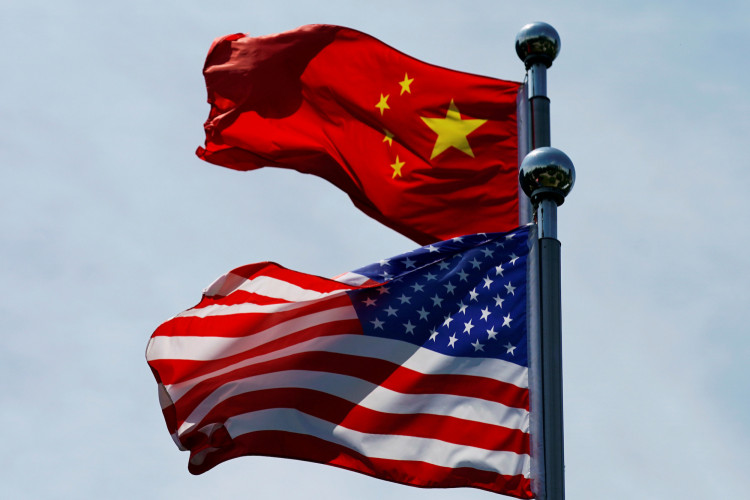In a significant diplomatic development, China and the United States agreed to temper their intense rivalry to avoid conflict, following U.S. Secretary of State Antony Blinken's rare visit to Beijing. Despite the commitment to stability, the two powers did not achieve any notable breakthroughs.
Chinese President Xi Jinping expressed appreciation for the "progress" during his meeting with Blinken at the illustrious Great Hall of the People, traditionally reserved for greeting state leaders.
Both Blinken and Xi emphasized the need for a more predictable relationship, acknowledging that a clash between the world's leading economies could create global disruption.
China, however, rebuffed Washington's overtures to restore military communication channels, citing U.S. sanctions as a hindrance. The two sides remained rooted in their respective stances on issues such as Taiwan, trade, human rights, and Russia's war in Ukraine.
Despite the lack of immediate solutions, they agreed to continue diplomatic interactions with further visits planned in the following weeks and months.
In his concluding press conference, Blinken affirmed that Washington's goals for the visit were met, including voicing concerns directly, establishing dialogue channels, and investigating areas of potential collaboration.
Blinken acknowledged that progress wasn't straightforward, stating, "The relationship was at a point of instability, and both sides recognized the need to work to stabilize it... But progress is hard. It takes time."
The U.S. side is hopeful that Blinken's visit might set the stage for more bilateral meetings in the upcoming months, with potential visits by Treasury Secretary Janet Yellen and Commerce Secretary Gina Raimondo, and possibly a summit between Presidents Xi and Biden later this year.
President Xi characterized the discussions as "very good," expressing his hope for a "sound and steady China-U.S. relationship." Blinken, in turn, emphasized the responsibility both countries have to manage their relationship, committing the U.S. to that task.
The Secretary of State characterized his talks with China's top diplomat Wang Yi and foreign minister Qin Gang as "candid and constructive."
Despite the push for stability, tensions remain. A primary point of friction is Taiwan, which Beijing considers part of its territory. Blinken addressed contentious issues such as Taiwan, human rights, and U.S. concerns about Beijing's intelligence activities.
China's reluctance to engage in military-to-military talks with Washington has raised alarms globally. Beijing's resistance is attributed to U.S. sanctions, which, according to senior foreign ministry official Yang Tao, are impeding progress on improving military communication.
Despite the challenges, some analysts see signs of willingness for dialogue. "China showed that it still hopes to work with the U.S. to stabilize and improve relations," said Wu Xinbo, director at the Center for American Studies at Fudan University in Shanghai.





